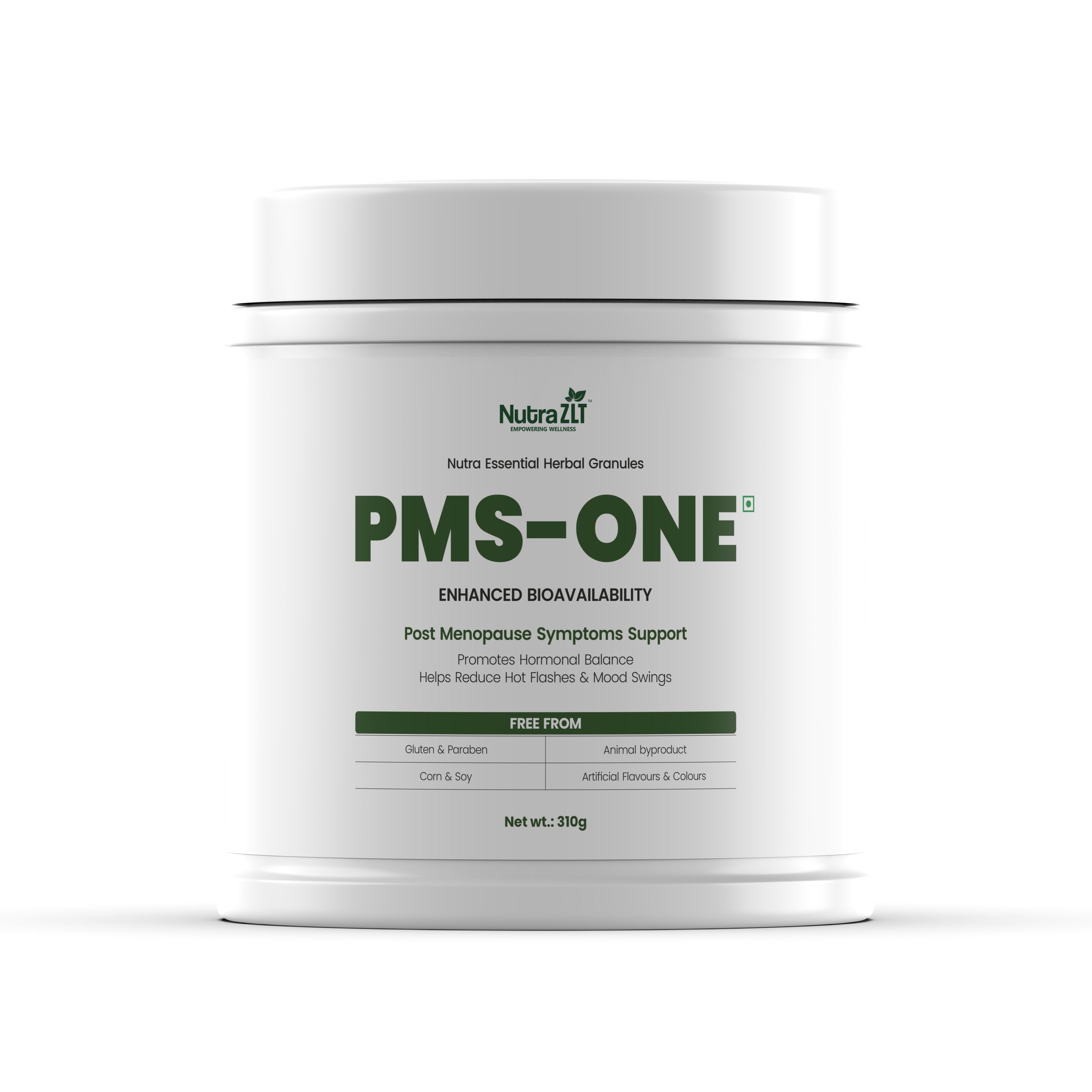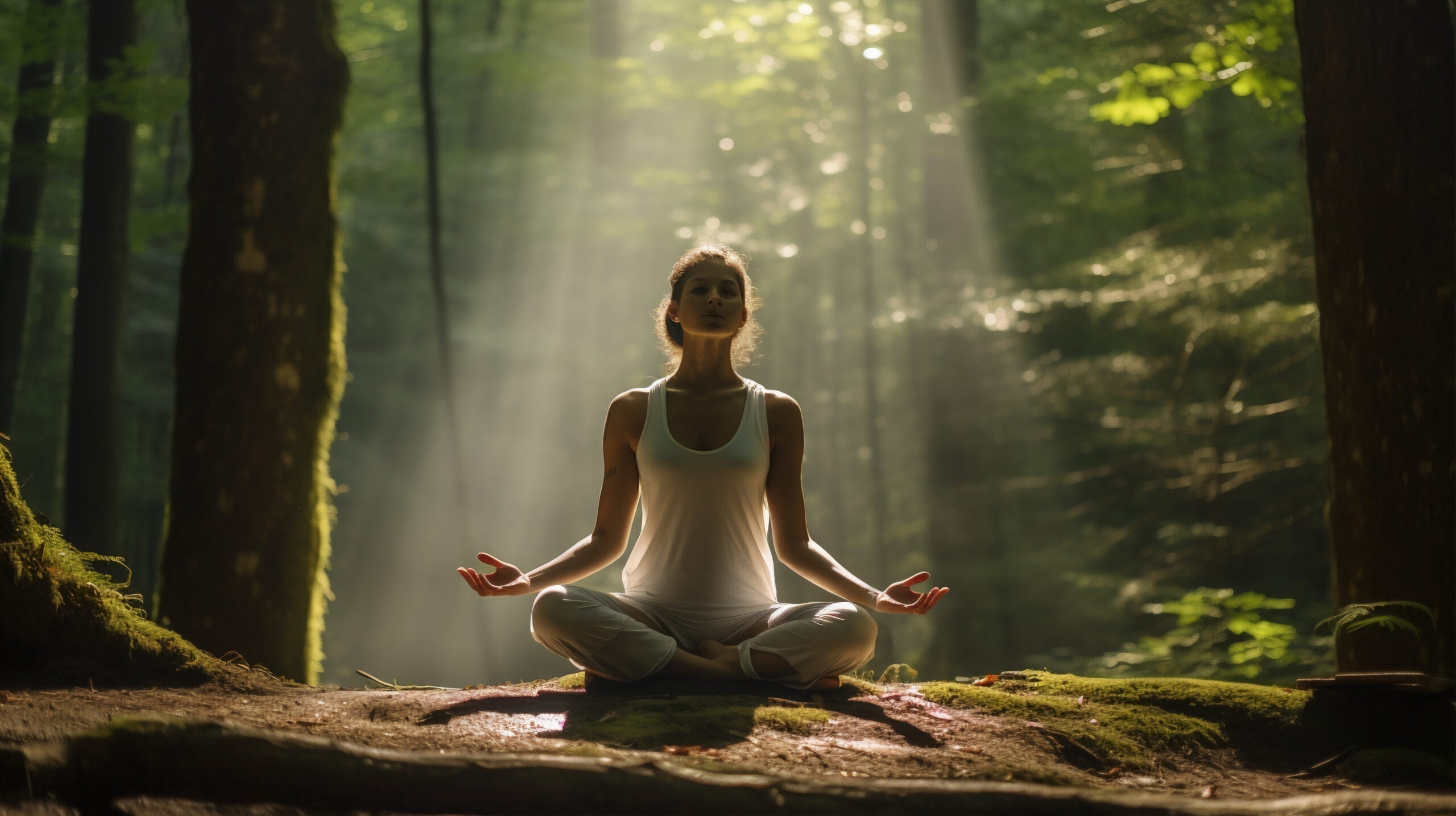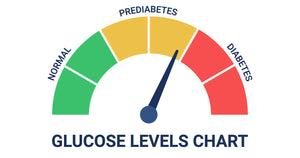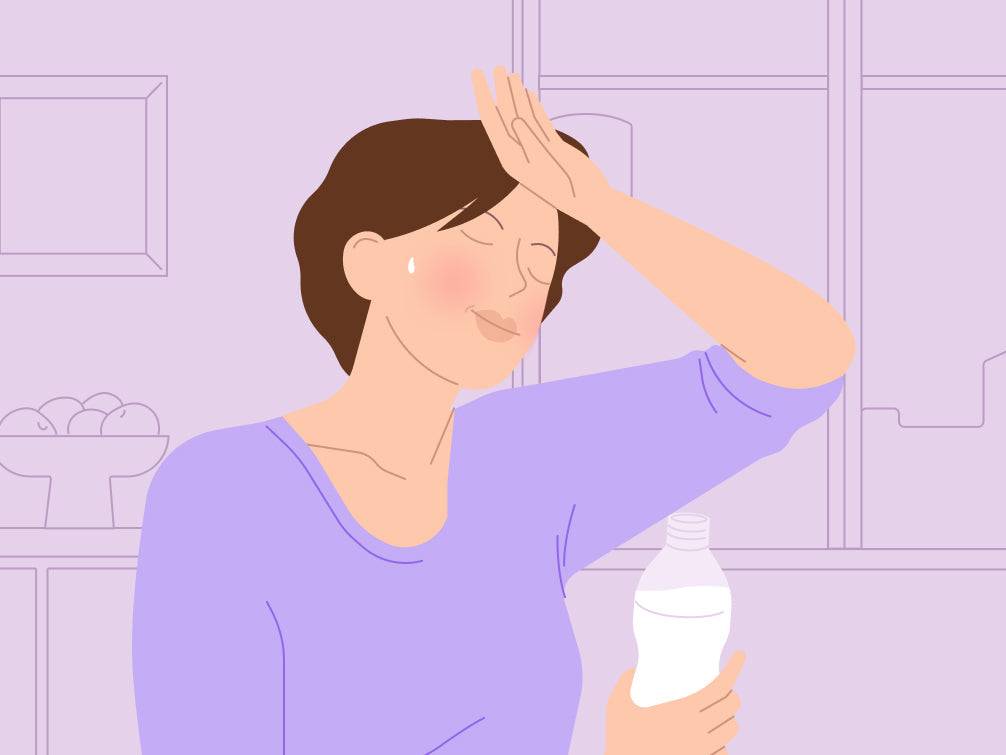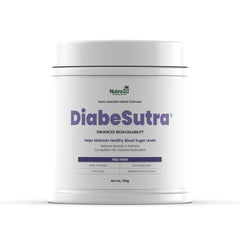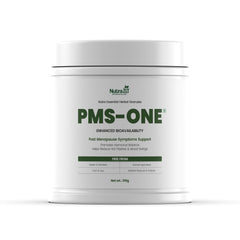Menopause is a transition that is very significant in the life of a woman but in most cases it comes with difficulties which may be overwhelming. Since the estrogen concentration plummets dramatically during after menopause, women can be prone to hot flushes, mood fluctuations, fatigue, sleeping disturbances and even cognitive fog. Bone loss- approximately 1-2%/year- also accelerates with the loss of estrogen and eventually may increase the risks of osteoporosis. These transformations do not only influence the body, but also the emotional state, which leaves a number of women feeling unstable at this point.
But menopause is not a disease--it is a normal stage of life. It is all about taking it up with moderation, taking care of yourself, and practicing holism. The combination of ayurveda, yoga and mindful nutrition will help in a supportive framework to facilitate this transition and bring back harmony. Through their adoption, women will be able to leave the so-called coping behind and, instead, re-establish strength, vitality, and emotional stability.
The Power of Ayurveda in Menopausal Care
Indian traditional system of healing, Ayurveda, does not consider menopause as a disease, but as a new stage of life. It attributes the symptoms of menopause to disequilibrium of the doshas in the body, in particular, Vata which is associated with movement, dryness and the nervous system. These imbalances can be addressed using herbs, food, and changing the lifestyle to bring the balance.
A PMS-One is one such product that is an Ayurvedic support product made of potent herbs that just have a synergetic effect. These herbs are natural and do not have any side effects unlike synthetic hormone therapies which provide mild support. The following are some of the star ingredients and their advantages:
Shatavari (Asparagus racemosus): Shatavari is a so-called women tonic that includes natural phytoestrogens that imitate the action of estrogen in the organism. It is valued as a way to relieve hot flushes, build up bones and relax the nervous system.
Aswagandha (Withania somnifera): Ashwagandha is a typical adaptogen that assists the body to adjust to stress, decreases cortisol, and promotes bone density. It also enhances mood and quality of sleep thus making it one of the pillars of herbs among postmenopausal women.
Symplocos racemosa (lodhra): Lodhra is traditionally used in the health of women, which helps to maintain hormonal balance, decreases the number of hot flashes and vaginal dryness, and promotes emotional stability.
Flax seeds: Flax seeds contain omega-3 fatty acids, fiber, and lignans that helps to maintain the heart health, balance hormones, and aid in digestion.
Harjor ( Cissus quadrangularis): This type of herb, also known as the bone healer, is used to strengthen bones and joints thereby decreasing the chances of osteoporosis.
Mandukaparni (Gotu Kola): This is a brain tonic that improves memory, anxiety and eases the nervous system- ideal to address postmenopausal brain fog.
A combination of these herbs will produce a gentle but effective formula, which will help in several ways related to postmenopausal health: hot flushes and mood swings to bone and cognitive health.
The Role of Yoga in Postmenopausal Balance
Yoga does not just give physical flexibility, but emotional and mental balance as well. In times of anxiety and agitation like during menopause, yoga is a form of grounding. Light, rejuvenating types of yoga are particularly helpful, since they help to relax the nervous system and relieve stress.
Recommended poses include:
Child’s Pose (Balasana): This is a very calming down pose, and it helps to relax the nervous system.
Cat-Cow stretches: This is good to enhance flexibility of the spine and get rid of lower back tension.
Legs-Up-the-Wall (Viparita Karani): This is a relaxing inversion that is very good at soothing hot flushes and enhancing circulation.
Reclining Bound Angle (Supta Baddha Konasana): Opens the hips and pelvis, helping one to relax.
Supported Bridge Pose: Strengthens, but does not leave one fatigued.
Breathing exercises (Pranayama), including alternate-nostril breathing or deep belly breathing are also of significant importance. They are used to balance Vata, reduce hot flashes, and enhance the quality of sleep. A 15 minutes daily practice can have a significant difference.
Nutrition: Eating for Balance and Strength
Food is medicine, especially during menopause. The nutrient-based diet is beneficial in that helps in hormonal balance besides safeguarding the bones, muscles and the heart. Ayurveda suggests hot, stabilizing, and nourishing foods to overcome dryness and instability.
The following are some of the important dietary rules:
Include phytoestrogen-rich foods: Flaxseeds, sesame seeds, chickpeas, soy, and pomegranates work to have a natural balancing effect on the hormones.
Choose healthy fats and proteins: Nuts, ghee, olive oil, dairy, and oily fish are healthy and nourish tissues and keep bones healthy.
Load up on calcium and vitamin D sources: Vitamin-enriched milk, green leafy vegetables, and yogurt are crucial in bone density.
Use warming spices: Turmeric, ginger, cumin, coriander, and fennel can enhance digestion, circulation, and hormones.
Stay hydrated: Coconut water, cucumber and watermelon are hydrating and cool down, particularly hot flash.
Limit caffeine, alcohol, processed sugar, and hot spicy foods since they tend to cause hot flashes and aggravate anxiety. Rather, it is better to concentrate on whole and raw food consumed at normal intervals to even out body rhythms.
Lifestyle and Mindfulness Practices
Along with diet and yoga, lifestyle changes also are incredibly important in bringing harmony. Ayurveda is concerned with routine, tranquility, and self-care. Some helpful habits include:
Abhyanga (self-massage): Warming the body with warm sesame or coconut oil before bed relaxes the nervous system and allows one to sleep well.
Regular routines: sleeping early, waking up early, and food intake at a specific time of the day stabilize the communication of hormones.
Meditation and mindfulness: A 10-minute meditation per day will decrease the stress levels, elevate mood, and reduce anxiety.
Gentle walks: Walking with nature, particularly evening or moonlight walks, helps to instill a feeling of tranquility and relaxation.
The combination of these practices provides emotional balance, strength, and a new feeling of identity with the self.
Expert Insights and The Bigger Picture
It is accepted that in modern medicine, menopause can lead to changes in the density of the bones, moods, and heart health. Although some people can be treated using conventional methods like hormone therapy, Ayurveda provides a natural and complementary method. It does not just want to manage the symptoms, but rather it tries to build a balance in a whole life.
According to Ayurvedic doctor, Dr. Claudia Welch, when our lives are in balance, the hormones will come to balance too. This wisdom makes us aware that menopause cannot be cured by one herb, pill or practice. Instead, harmony is made by harmonizing small every-day practices: balanced eating, restorative yoga, herbs, and relaxing routines.
With such a holistic approach, menopause is not the end of a life but the beginning of a new life of vitality, wisdom, and self knowledge when women adopt it. By having the appropriate tools, one can go through this phase with resilience, precision and elegance.
Conclusion
Menopause can be challenging but it can also be a chance to resume the relationship with the body and mind. With the combination of Ayurvedic wisdom, the alignment of yoga, and the sustenance of mindful eating, women will be able to make this transition a time of growth and renovation.
It is not only the fact that a holistic lifestyle eases hot flashes or helps make bones firmer, but it also enables women to be able to face post menopause with vitality, stability and strength. Life in a post-menopausal period can be a period of peace, health and bright energy with the help of regular care of the self and the support of nature.

